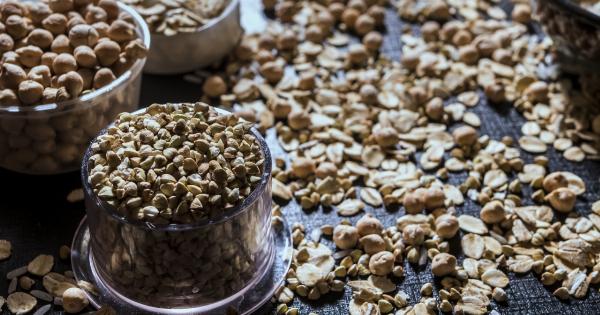Diabetes is a chronic condition that affects millions of people worldwide and is characterized by high levels of glucose in the blood.
While there are many risk factors for developing diabetes, including age, physical inactivity, and obesity, diet plays a critical role in its prevention and management. One food group that has been shown to have a significant impact on reducing the risk of diabetes is whole grains.
What are Whole Grains?
Whole grains are grains that have not been processed or refined, leaving the bran, germ, and endosperm intact. Examples of whole grains include oats, whole wheat, brown rice, quinoa, barley, and rye.
These foods are rich in fiber, vitamins, minerals, and other nutrients that support good health.
Why are Whole Grains Important for Diabetes Prevention?
Whole grains are important for diabetes prevention because they are rich in fiber. Fiber slows down the digestion and absorption of carbohydrates, which helps to prevent the sudden spikes in blood glucose levels that can occur after eating.
This is especially important for people with diabetes who need to manage their blood glucose levels carefully.
In addition, whole grains contain important vitamins and minerals such as magnesium, which has been shown to improve insulin sensitivity and reduce the risk of developing diabetes.
They also contain phytochemicals, which are compounds that have been shown to have anti-inflammatory and antioxidant effects that can help to reduce the risk of chronic diseases such as diabetes.
How to Incorporate Whole Grains into Your Diet
Incorporating whole grains into your diet is easy and delicious. Here are some tips:.
- Replace white bread, rice, and pasta with whole grain varieties.
- Add quinoa or brown rice to salads.
- Enjoy oatmeal for breakfast.
- Snack on popcorn instead of chips.
- Add barley to soups and stews.
By making these simple changes, you can reap the benefits of whole grains and reduce your risk of developing diabetes.
Conclusion
The power of whole grains for diabetes prevention cannot be overstated. By incorporating whole grains into your diet, you can improve your overall health and reduce your risk of developing diabetes.
So whether you’re enjoying a bowl of oatmeal for breakfast or adding quinoa to your salad, make sure to include whole grains in your diet for optimal health.






























